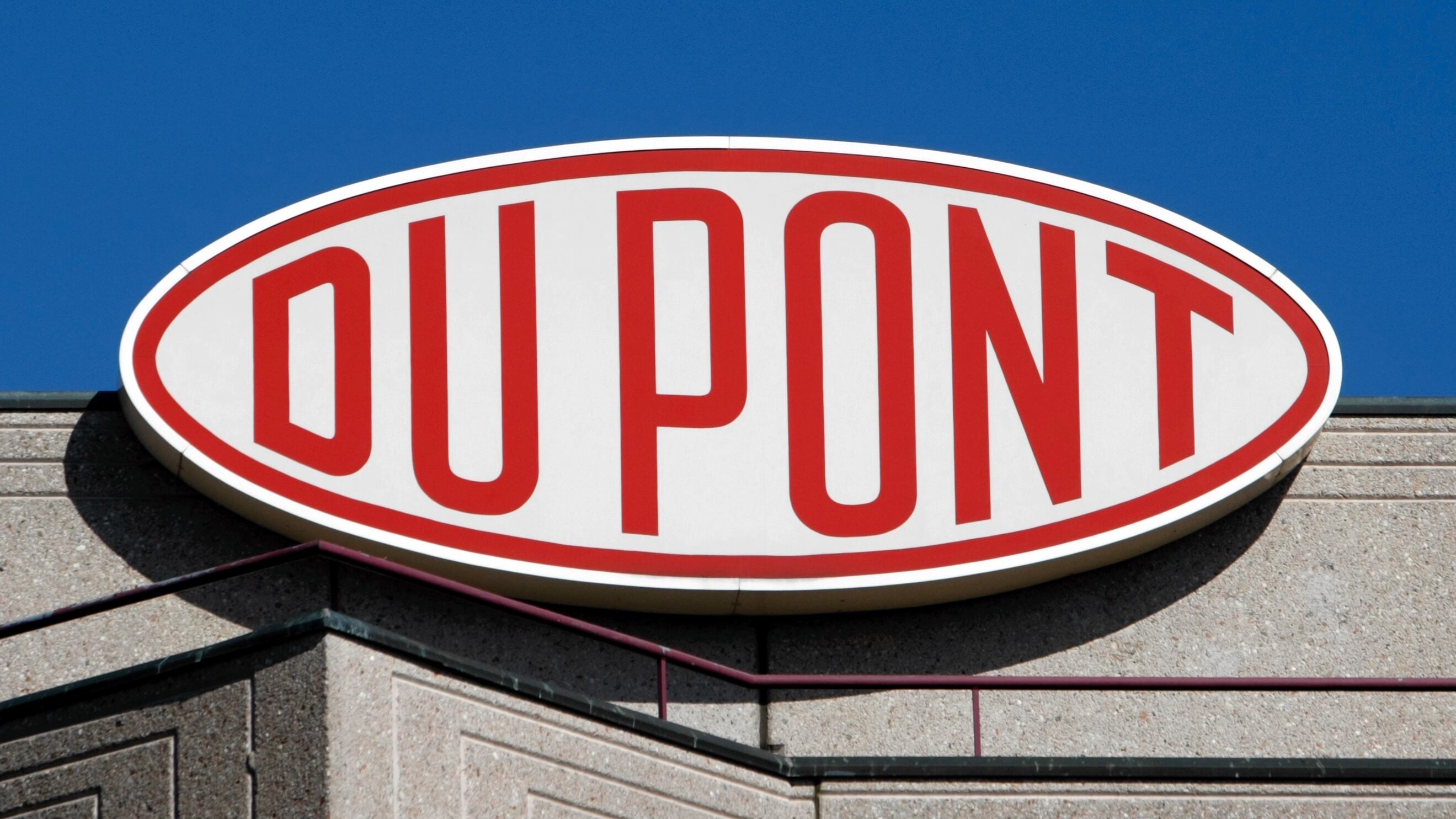Control Risks, the global business risk consultancy, has publishes its annual survey of business attitudes to corruption, finding that 42% of businesses had been adversely affected by corrupt practices, compared to a global average of 30%
At the other end of the scale, just 14% of Australian companies reported problems.
Globally, 30% of businesses surveyed said they have decided not to conduct business in specific countries because of the perceived risk of corruption. Singapore is southeast Asia’s most risk-averse country, with 47% of companies having decided not to do business in a country due to a perceived or actual risk of corruption.
Out of all the respondents, 41% reported that the risk of corruption was the primary reason they pulled out of a deal on which they had already spent time and money.
However, Control Risks says the picture is improving. Four-fifths of respondents agreed that tough international anti-corruption laws such as the US Foreign Corrupt Practices Act "improved the business environment for everyone".
This view was shared by 80% of respondents in India and 79% of those in Indonesia, despite their countries' relatively high levels of corruption.
However, there is still more to do. The survey shows that there are still wide variations in the maturity of company programmes. In the worst case, conventional compliance approaches can increase risk because they lead to complacency.
Control Risks' survey reveals companies are now more willing to challenge when faced with suspected corruption. Over a quarter of companies said they would complain to a contract awarder if they felt they had lost out due to corruption, compared to just 8% of respondents in 2006.
In 2006, only 6.5% said they would appeal to law-enforcement authorities, compared with 19% in 2015, with 24% of respondents now saying they would try to gather evidence for legal action.
Companies feel that international anti-corruption legislation is improving the business environment. Most respondents felt these laws made it easier for good companies to operate in high-risk markets (55%) and serve as a deterrent for corrupt competitors (63%).
This was particularly true of companies in developing markets with 68% of Indonesians agreeing or strongly agreeing. In the US, 54% say tough laws make it easier to operate in high risk markets, while 42% disagree.
However, despite these positive developments, Control Risks' survey suggests businesses still need to do more. Third-party risk is still relatively unrecognised, with just 58% of respondents having procedures in place for due diligence assessments of third parties. This includes 57% of the Singaporean companies, but only 29% of Indonesian businesses.
The survey also suggests companies are not setting the right incentives to deter corruption. Respondents cited the fear of negative consequences as the penalty used most commonly to deter corrupt behaviour.
"Governments and companies across the world are increasingly aware of the importance of countering corruption, with China and Brazil in particular stepping up enforcement in the past year,” said Richard Fenning, chief executive of Control Risks.
“But still too many good businesses are losing out on opportunities to corrupt competitors, or choosing not to take a risk on an investment or entering a new market in the first place for fear of encountering corrupt practices.”
Also of concern is an over-reliance on compliance, Fenning added.
“Often when organisations have comprehensive compliance processes in place, business leaders treat them as a safety net and don't police ruthlessly enough internally.
“More than half of the businesses we surveyed hadn't conducted a corruption-related investigation in two years. Given the size and complexity of most organisations this would suggest there is a danger of a false sense of security in compliance departments."
Other news from southeast Asia
Vietnam takes steps to increase average height through nutrition
Experts have stressed that the general lack of physical stature among Vietnamese people is not genetic, and is the result of continuing malnutrition.

To increase average height, Prime Minister Nguyen Tan Dung has approved a project with a target of bringing about a 2.5-3cm increase by 2030. One of the plan’s main features is the provision of milk to pre-school and primary school students.
Vietnamese men are 163.7cm tall on average—13.1cm shorter than the World Health Organisation standard. At 153cm on average, Vietnamese women are 10.7cm below the standard.
Compared to people in neighbouring countries, the Vietnamese are on average about 8cm shorter, according to Le Bach Mai, deputy director of the National Institute of Nutrition.
The clearest difference in height between Vietnamese people and others is seen in children 6-12 months old and 6-11 years old.
In 2014, 24.9% of children under five were malnourished and 14.5% underweight.
However, according to statistics from a nationwide survey on micronutrients this month, the lack of nutrients is decreasing, albeit slowly, and is still common in children and pregnant women. Thirteen percent of children under five have a vitamin A deficiency.
Nutrition experts say that genetic heredity is not responsible for Vietnamese people’s shortness as many children from the country who are born and grow up in Europe reach similar heights to those in their host country.
The experts said children’s meal portions have yet to meet necessary standards for growth. Currently they only get 60.3% of the required calcium and 10.6% of the required vitamin D.
Palm oil prices see sharp rise
Prices for both palm oil and palm kernel oil have risen steeply since the end of August, up by 30% and 42% respectively.

According to Mintec, the commodities analyst, recent price increases have mainly been due to unseasonal dry weather conditions in Indonesia and Malaysia, the world’s largest producers.
Moreover, smoke from illegal forest-clearing fires in Indonesia over the last month has raised concerns over damage to the crop and lower yields.
Meanwhile, global palm oil production this year is forecast to increase 6% year on year to 65.2m tonnes. Palm kernel oil production is forecast at 7.6m tonnes, up 4% over last year. However, the strengthening El Niño has led to concerns that production may be lower than the forecast.
Indonesia and Malaysia have agreed to set up a council representing palm oil-producing countries, the aim of which is to harmonise sustainability standards and coordinate production and stock management in a bid to stabilise prices.
New innovation HQ for DuPont in Singapore next year
DuPont will establish new regional innovation and business headquarters in Singapore to open in 2016. The 11,000-sqm facility will host nearly 200 scientists, engineers and executives.

"The DuPont Singapore headquarters will bring us closer than ever to our Asean customers so that together we can more quickly develop and deliver innovative solutions for the region and the world," said Douglas Muzyka, DuPont’s chief science and technology officer.
Asean is increasingly important for DuPont, which has delivered consistent growth in the region.
"Singapore is an ideal location for the DuPont Asean headquarters because of its close proximity to Asean customers, the region's diverse talent pool, and policies that stimulate collaboration and innovation," said the company’s regional managing director, Hsing Ho.
Present in eight southeast Asian countries, DuPont has operated in Singapore since 1973. The new innovation centre—part of a global network of 13 innovation and 150 R&D centres worldwide—is expected to expand to over 300 employees by 2020.
